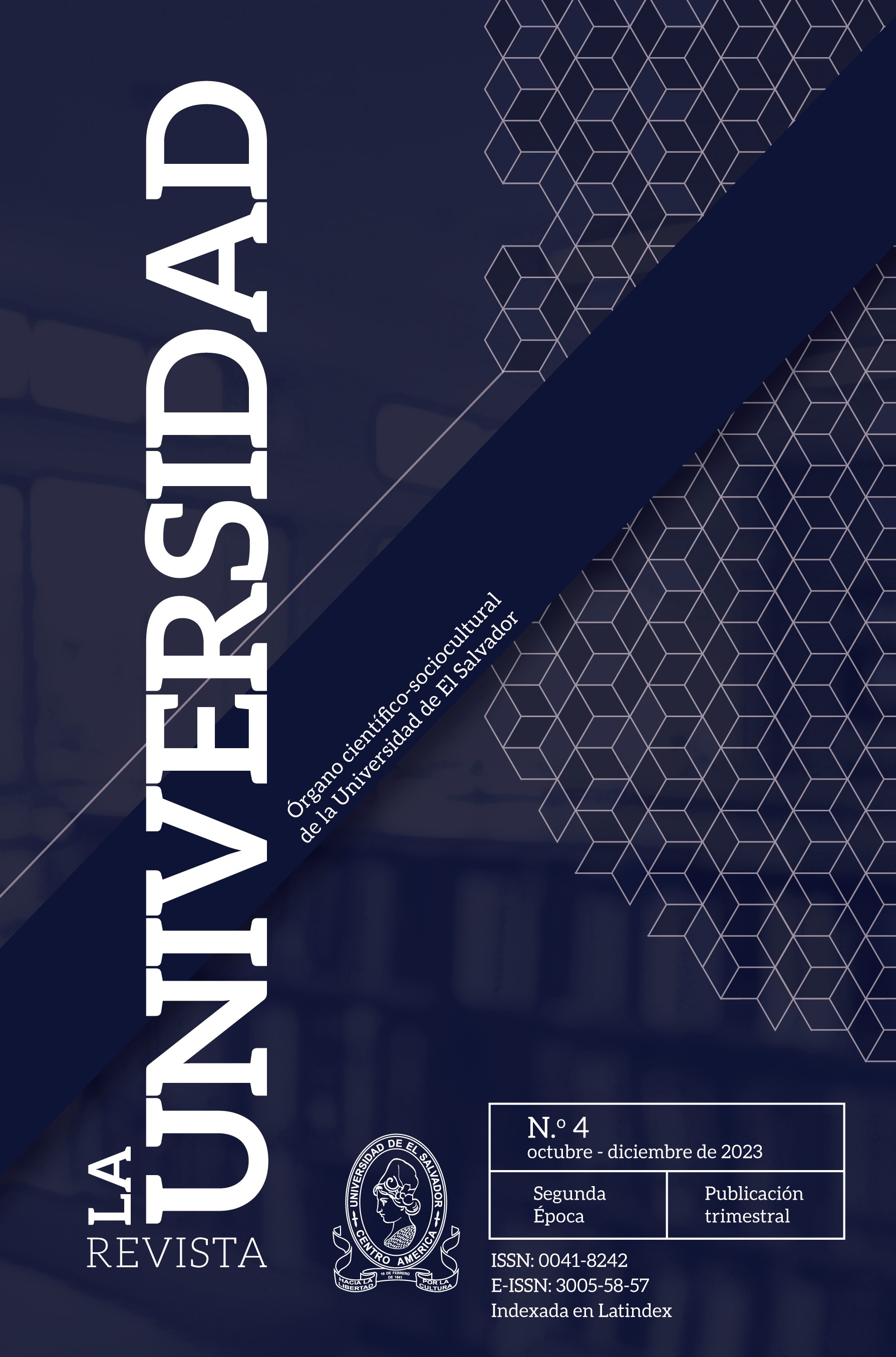The epistemology of research and social sciences
Keywords:
epistemology, reality, paradigms, investigation, social sciencesAbstract
Debates about epistemology and the theory of knowledge have led, throughout history, to the formulation of various theories that explain how natural and social phenomena occur in the world of science. From the debates on doxa and episteme in ancient times, to the epistemologies of the south at the end of the 20th century, men and women of science have sought explanations for various problems. Under this logic, this article seeks to take a tour of the main epistemological debates during the 20th and early 21st centuries, with the interest of exposing their main theoretical postulates when addressing reality. The important thing is not to demonstrate the prevalence of one over the other, but rather the richness of the epistemological pluralism of science to date. The methodology used in this study was qualitative, using documentary research with the consultation of books, book chapters and articles on the topic studied.
Downloads
References
Referencias
Adorno, T. (2001). Epistemología y ciencias sociales. Ediciones Cátedra.
Bachelard, G. (2000). La formación del espíritu científico. Contribución a un psicoanálisis del conocimiento objetivo. Siglo XXI Editores.
Blanché, R. (1973). La epistemología. Oikus-tau ediciones.
Bunge, M. (1977). Epistemología. Siglo XXI Editores.
Chalmers, A. (s.f.). ¿Qué es esa cosa llamada ciencia? Siglo XXI Editores.
Collado, A. (2006). Historia: campo y comunicación. En Zeraoui, Z. Modernidad y posmodernidad: la crisis de los paradigmas y valores, (pp. 77-102). Noriega Editores.
De la Garza, E., y Leyva G. (s.f.). Tratado de Metodología de las Ciencias Sociales: Perspectivas actuales. Fondo de Cultura Económica.
De Sousa, B. (2010). Descolonizar el saber. Reinventar el poder. Ediciones Trilce.
Feyerabend, P. (1986). Tratado contra el método. Editorial Tecnos.
Foucault, M. (2002). La arqueología del saber. Siglo XXI Editores.
Grondin, J. (2008). ¿Qué es la hermenéutica? Herder Editorial.
Lakatos, I. (1989). La metodología de los programas de investigación científica. Alianza Editorial.
Mesquita, M. (2009). La Teoría Crítica de la Escuela de Frankfurt, de la primera a la tercera generación: un recorrido histórico-sistemático. https://dialnet.unirioja.es/servlet/articulo?codigo=3184226
Kuhn, T. (1971). La estructura de las revoluciones científicas. Fondo de Cultura Económica.
Popper, K. (1980). La lógica de la investigación científica. Editorial Tecnos.
Popper, K. (1991). Conjeturas y refutaciones. Editorial Paidós.
Restrepo, E., y Rojas, A. (2020). Inflexión decolonial: fuentes, conceptos y cuestionamientos. Editorial Universitaria.
Weber, M. (1964). Economía y sociedad. Esbozo de sociología comprensiva. Fondo de Cultura Económica.
Downloads
Published
Issue
Section
License
Copyright (c) 2024 Authors who publish in Revista La Universidad agree to the following terms: Authors continue as owners of their works, non-exclusively assigning dissemination rights to La Universidad Journal under the standards of the Attribution-NonCommercial-ShareAlike License: CC BY-NC-SA 4.0. This license allows the use of a work to create another work or content, modifying or not the original work, as long as the author is cited, the resulting work is shared under the same type of license and has no commercial purposes(https://creativecommons.org/licenses/by-nc-sa/4.0/deed.es).

This work is licensed under a Creative Commons Attribution-NonCommercial-ShareAlike 4.0 International License.





